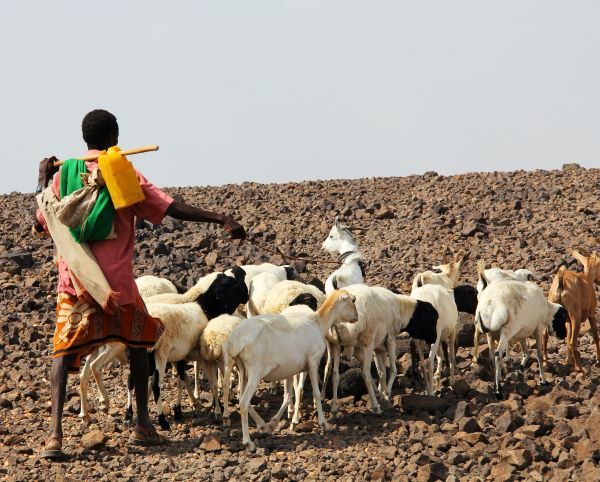To control the fast-spreading Contagious Bovine Pleuropneumonia (CBPP), Zambia’s leading integrated cold chain food products and agribusiness company and one of the largest in the Southern Africa region, Zambeef, has slaughtered 8,000 infected herds of cattle.
The cold chain food producer, noting the need for heightened vigilance and cooperation among stakeholders to help prevent the spread of the livestock diseases in the country, sought to kill and isolate the infected animals at one of its many outlets, Huntley farm in Chisamba north of Lusaka as a measure to help reduce the spread and fatality.
Zambeef Chief Executive Officer Faith Mukutu in a statement availed to FRA said having noticed the recurring cases of the disease, it sought the indulgence of the Ministry of Fisheries and Livestock’s Veterinary Department, to help curb a recent outbreak of CBPP.
“Zambeef notified authorities when we suspected cases of the disease. After tests were carried out at Huntley and the presence of the disease was confirmed, we were directed by the government to slaughter all animals at the farm to prevent its spread,” she said.
The slaughtering of the infected animals as its outlet follows a government directive from the Government. The company has further implemented additional measures including enhanced biosecurity and vehicle spray races to contain not only CBPP and other diseases in addition to surveillance between provinces where it has outlets to monitor animal movements, one of the famous transmissions lines and ensure certainty of ‘disease free’ livestock.
“Some other measures that need to be put in place include constant surveillance between the provinces in terms of animal movements, and 100 percent testing for diseases such as CBPP, Foot and Mouth Disease and East Coast Fever.”
According to Zambeef, the collaboration with animal health authorities in the ministry is to ensure that before any animal is moved from one province to the other, full vaccination is done for the three diseases.
The Central province used to be clear of CBPP and it was desirable of the company to ensure the monitoring is sustained as the disease affects the livelihoods of many stakeholders in all provinces.
Zambeef is the major buyer of the bulk of cattle from small scale farmers across the country and seeks to ensure its business impacts the people’s lives positively.
Ms. Mukutu and other Health experts however, allayed fears that the beef from slaughtered but infected animals is harmful noting that CBPP does not affect humans and instead is localised in the lungs of cattle, which were discarded during the process.
Zambeef is involved in the primary production, processing, distribution and retailing of beef, chicken, pork, eggs, dairy, fish, flour, stock feed and day-old chicks throughout Zambia and the surrounding region. It operates 236 retail outlets in Zambia, Nigeria and Ghana.
Zambeef has one of the largest row cropping operations in Zambia, growing maize, soybeans and wheat. Zambeef plants nearly 23,000 hectares annually, with most of the resulting crops being used in the Zambeef animal feed and flour milling businesses.
Zambeef employs 7,082 people.
Finance minister, Dr. Situmbeko Musokotwane in his 2023 national budget realizing the essence of promoting the agriculture fisheries and livestock sector allocated a staggering K11.2 billion US$681 million on various interventions in the agriculture, fisheries and livestock sub-sectors in line with the Comprehensive Agriculture Support Programme (CASP).
The Programme will provide farming inputs, enhance extension services, improve market access, financing to farmers and develop irrigation systems.
A staggering K9.1 billion will be spent on farming inputs, K789.5 million for extension services including the procurement of motor bikes, extension kits, electronic tablets and rehabilitation of camp houses across the country.
A total K426.6 million will be spent on farm block development and irrigation to cut dependence on rain-fed agriculture and support agricultural activities all year round.
A further K52.7 million has been earmarked for the recruitment of at least 500 extension officers in the livestock, fisheries and agriculture sub-sectors. Another K274.4 million has been earmarked for use on animal disease control.
This will facilitate the procurement of animal vaccines as well as the construction of an animal vaccine plant at Balmoral in Chilanga District, Dr. Musokotwane stated in his K174 billion (US$10.1 billion) expenditure budget./









